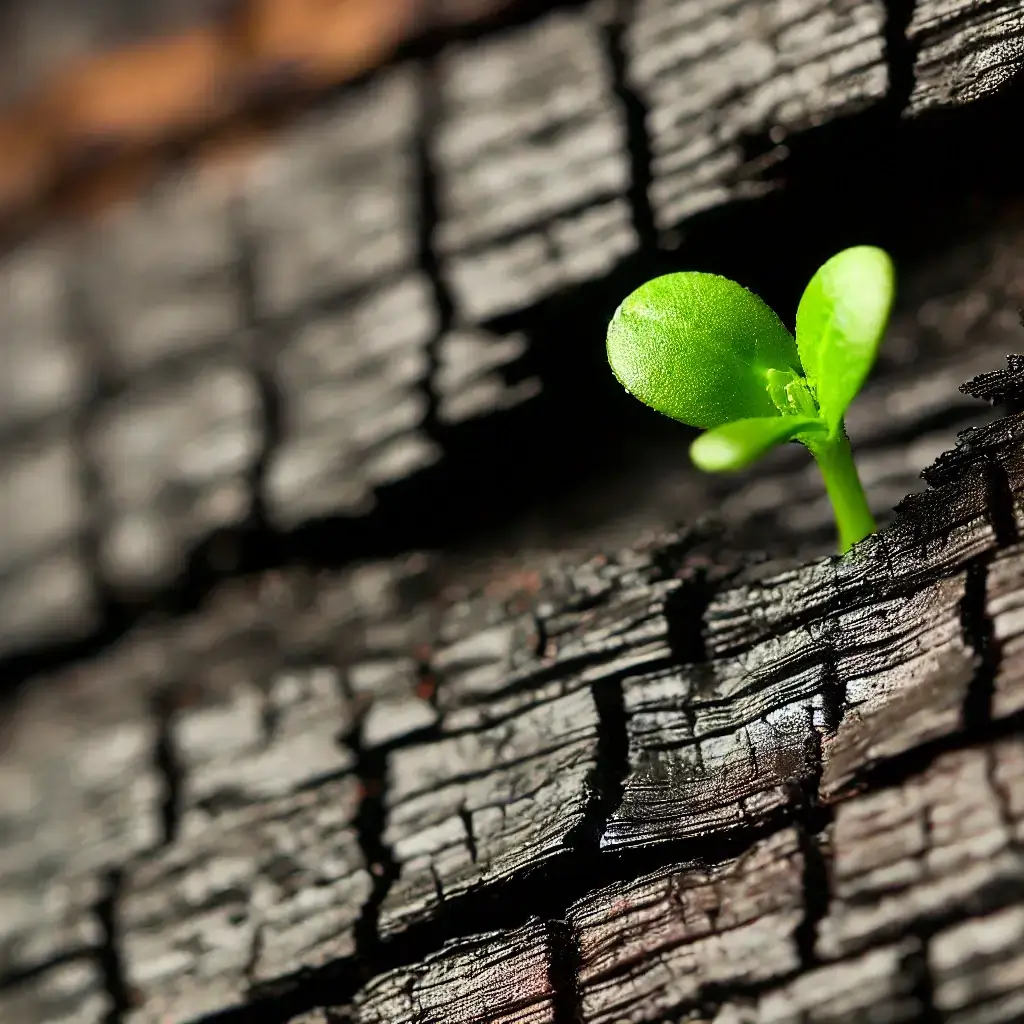When we hear the word “trauma,” we usually picture dramatic events like natural disasters, accidents, or violent assaults. Actually, though, trauma is far more complicated than simply the experiences themselves. It’s not necessarily what happens to us, but how we handle it, how we cope. Two people could go through the exact same circumstances and react quite differently: one might bounce back quickly, while the other could struggle for years.
What Exactly is Trauma?
At its most basic level, trauma is any experience that overwhelms our capacity to cope. It can leave us feeling extremely unsafe, helpless, and powerless. It doesn’t have to be an event that most people would classify as “big” or “serious,” either. For example, it may be a child facing continuous criticism at home or becoming lost in a grocery store for a few minutes. Trauma is essentially defined by the sense of being overwhelmed and not knowing how to get through the event.
One also has to realize that trauma is subjective. For one person, what may seem to be a little incident could be quite terrifying for another. Whether something becomes traumatic or not mostly depends on our personal ability to manage stress and the support we have available at the moment.
Why Response Matters More Than the Event Itself
Imagine two kids who both find themselves separated from their parents at a crowded theme park. A friendly staff member might take in the first youngster and comfort them until they reunite with their family. Staff might overlook the other youngster, or leave them to roam in a panic, until their parents find them hours later. Though their reactions and degree of assistance received were very different, each went through the same event—getting lost.
The first child might simply view the event as a little annoyance on otherwise enjoyable day. The second child, on the other hand, can grow deeply afraid of crowded areas or experience years-long insecurity. Trauma is thus more about our reaction to a given experience than the details of what happened. The deepest scars are left by our perception of being overwhelmed, unsupported, or unsafe.
The Compounding Effect of Repeated Trauma
When these potentially traumatic events occur repeatedly, things get much more complex. This is often called complex trauma. Unlike a single, isolated incident, complex trauma results from repeated exposure to upsetting situations, particularly in close relationships or surroundings like home or school that ought to feel safe.
Consider it like this: a single storm might stress a tree, but it will likely stand strong after it passes. But if the tree suffers daily storms, its roots will weaken and it may finally fall over. People respond in a similar manner. When we’re exposed to stress and fear repeatedly, without the chance to recover, it can have a lasting impact on our sense of safety and stability.
The Unique Vulnerability of Childhood Trauma
Now, imagine going through these storms during childhood, when your roots—your sense of self, security, and confidence in the world—are still developing. This is why trauma suffered in childhood usually has a far more profound and long-lasting impact than trauma suffered later in life.
Children depend on adults to provide stability, protection, and to help them to understand the world around them. But the effects can be catastrophic when the same people become the source of trauma, or when they fail to provide support during a traumatic event. This can manifest in obvious ways—such as physical or emotional abuse—but also in more subdued forms—such as being consistently ignored, criticized, or exposed to chaos and unpredictability.
How Childhood Trauma Shapes Our Lives
Trauma from childhood doesn’t just vanish when we become adults. It shapes our perceptions of ourselves, our interactions with others, and even our bodily functions. Those who have gone through childhood complex trauma frequently struggle with emotional control, have a heightened stress reaction, and may feel continual mistrust or insecurity in relationships.
Those who have experienced childhood trauma may find themselves struggling with chronic health problems, mental health issues including anxiety and depression, or even battling addiction. This is because the trauma left traces, often significant traces, on our body, mind, and spirit. It essentially affects our entire being.
The Importance of Early Support and Intervention
The good news is that healing is achievable. The first step is recognizing trauma and how it affects us. Particularly with youngsters, early support and intervention can make a big difference. Providing secure, stable, and supportive surroundings will enable kids to process their experiences and develop resilience.
Although their road to healing may differ, adults who have suffered childhood trauma still have hope. Therapy, support groups, mindfulness techniques, and even body-based activities like yoga or qi gong can be extremely beneficial. Rather than try to erase the past, the objective is to create a new narrative. One in which we’re not defined by what happened to us.
Wrapping Up
Trauma is complicated, personal, and firmly rooted in our reactions to overwhelming events. It’s not just about what happened, but our feelings and level of support at the time. Trauma can have an even greater effect on children, who are still developing their sense of self and safety. Needless to say, they are much more vulnerable.
Still, understanding this is quite powerful. It implies that regardless of our age or the depth of the wounds, we may begin to identify the symptoms, get help, and start down the road of recovery. Although we cannot alter the past, we can definitely help to shape our future. And there is where actual healing begins.
